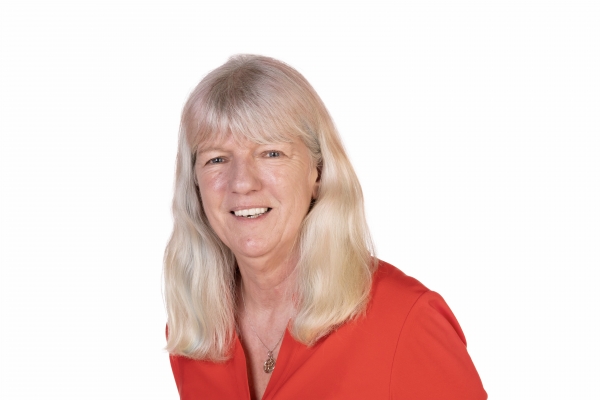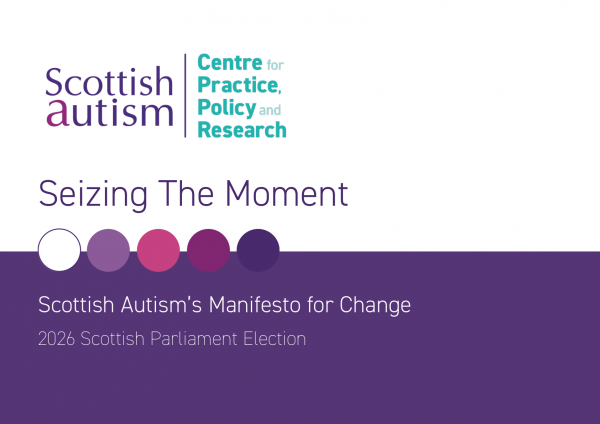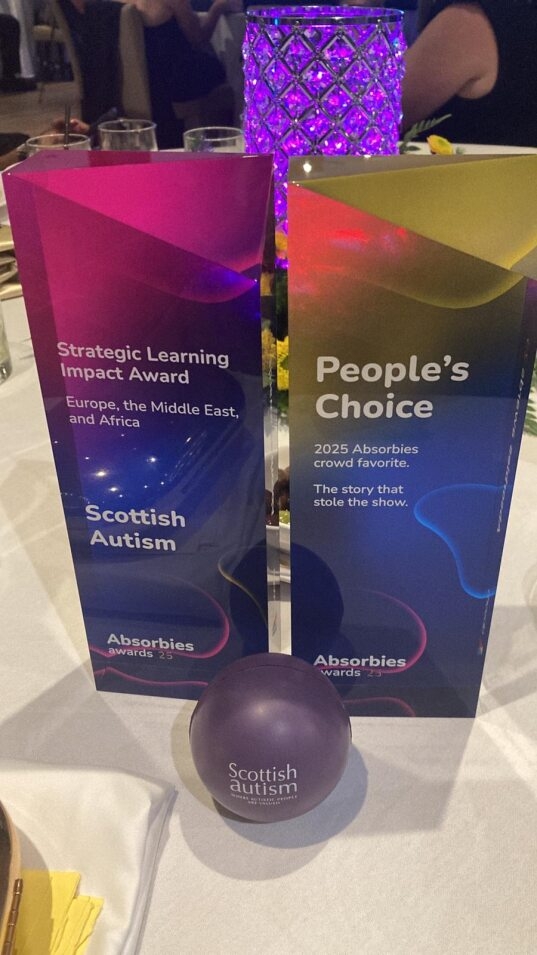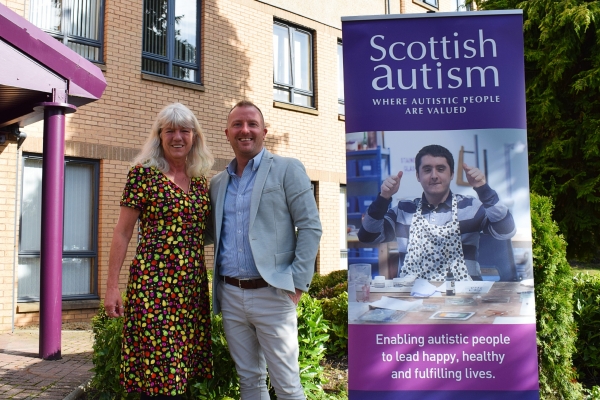Autism Assessment & Diagnosis Report Leads To Calls For National Pathway Guarantee
A major report by four Scottish organisations has highlighted the experiences of people going through the autism assessment and diagnosis pathway across Scotland. The report was undertaken by three autistic people’s organisations Autism Rights Group Highland, Autistic Mutual Aid Society Edinburgh and Scottish Ethnic Minority Autistics in partnership with Scottish Autism, Scotland’s largest autism-specific charity.
The report follows a survey of 624 people across Scotland and highlights difficulties in getting a referral, long waits, a lack of information, and shortages of post-diagnostic support.
The report has led the organisations to call for a nationwide guarantee regarding timely access to assessments, an improved experience for people going through the process, and better provision of post-diagnostic support.
65% of respondents to the survey were themselves autistic adults with 35% comprising of family members and carers of autistic people. Responses to the survey were drawn from 31 of Scotland's 32 local authority areas.
The key findings in the report are:
- Just over half of respondents (50.65%) found it hard or very hard to get a referral for an assessment, with just over a fifth (21%) saying they had been refused a referral at some point.
- Some individuals reported waiting as long as seven years to receive a diagnosis
- Nearly two-thirds (62%) of respondents reported a lack of information about the process, including a lack of guidance and support while waiting with a similar number of respondents (64%) saying they were not made aware of support services which could be helpful.
- Just over a fifth (21%) of respondents had sought a private diagnosis, with long waiting times and the absence of a local adult assessment pathway cited as key factors
- The average cost of a private diagnosis reported was £1540 with the highest reported cost being £4500
- 39% of those who had sought a private diagnosis reported that this had caused them financial hardship
The findings of the survey sit alongside recent developments which have seen the recent closures of adult assessment pathways in Aberdeenshire and Forth Valley.
There have also been developments across Child and Adolescent Mental Health Services where young people awaiting autism assessment and diagnosis have been removed from waiting lists, with waits of several years meaning many will 'age out' before being able to obtain a diagnosis.
As a result, the organisations have issued a call to action for the Scottish Government and Scotland's politicians recommending:
- The Scottish Government should introduce a national neurodevelopmental assessment guarantee, meaning any adult in Scotland can access an assessment pathway should they need to.
- Waiting times for assessment and diagnosis should be reduced and timely assessment provided
- Clear information should be provided on what the assessment process will involve; the likely timescales expected; and reliable signposting to support services during and after assessment should be the norm.
- Access to quality advice and support during assessment and after diagnosis should be guaranteed across Scotland.
View the full report here
Comments from each organisation as follows:
Kabie Brook, Chair of Autism Rights Group Highland (ARGH)
“The current waiting times for autism assessment in Scotland are unacceptable. Waiting for many years impacts upon people’s mental health and affects all aspects of their lives as they feel in limbo. Those who can may turn to private assessment providers - going into debt and facing financial hardship as a result.
“If a child, who may have been waiting many years, ages out of children’s services they will then go to the bottom of the adult waiting list, this is no way for NHS Scotland to behave.
“This report and our call to action is us as a collective saying ‘enough is enough’; we cannot continue with things the way that they are. We cannot continue to cause harm.”
Dr Joe Long, Director of Practice & Innovation at Scottish Autism
“This report shows very clearly that pathways for autism assessment and diagnosis are highly inconsistent across Scotland, and too often fail the people they are meant to serve - leaving individuals and families stranded without proper information and support.
“In this survey autistic people and their families share powerful testimony about the anxiety of long waits without communication from services; about the sacrifices they have made to seek a private diagnosis when statutory services had let them down; and about being left without proper support to understand their needs once diagnosed. Our hope is that the voices of those people who have been let down by the system can be listened to and their experiences recognised in improving assessment pathways in Scotland.”
Fergus Murray, Chair of Autistic Mutual Aid Society Edinburgh (AMASE)
“This report highlights the crisis situation many are facing. Waiting lists are often absurdly long, where pathways to diagnosis exist at all. It's vital to recognise the implications of inaccessible or non-existent diagnostic pathways for neurodivergent people, their families and wider society.
“The rate of mental health issues and trauma amongst undiagnosed autistic people is appallingly high. Diagnosis can empower and validate people to seek others with similar experiences, improve self-awareness and gain a sense of identity and acceptance. This is critical for positive outcomes: Diagnosis is not just something that is nice to have. Without it, many face dire struggles in isolation.”
Sofia Farzana, Co-Director of Scottish Ethnic Minority Autistics (SEMA)
“We welcome the research into the experiences of autism assessments and hope that this highlights the difficulties faced by Autistics in Scotland. The overwhelming majority of participants were of white background which doesn't accurately represent Scottish Autistics. If half found it difficult to access diagnosis, and they were all white except a few, then what of the people who face racial barriers?
“At the time SEMA was only just set up, something that was needed decades ago. Acknowledging that Autistic people are present in all ethnic communities has come very late in terms of policy and practice, but we intend to use the findings of this report to amplify the need for improved accessibility for assessment and support that is culturally competent and free of bias and discrimination.”





